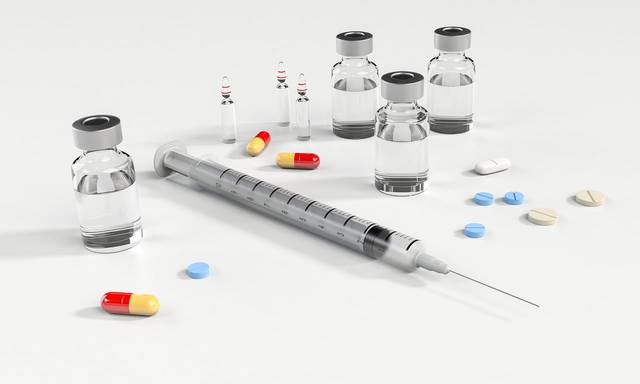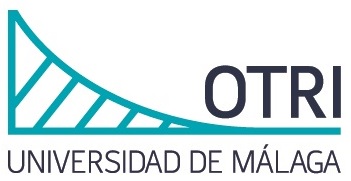BIOMARKERS FOR THE EARLY DIAGNOSIS OF TYPE 1 DIABETES
Description
Type 1 diabetes mellitus (T1D) or insulin-dependent is an autoimmune disease with no cure that causes progressive destruction of functional insulin-producing beta cells until their total loss, causing dependence on exogenous insulin to live. The natural evolution of T1D is progressive and goes through three stages. T1D is diagnosed in stage 3, which is considered the onset of the disease, when hyperglycemia, hypoinsulinemia and autoantibodies appear. In this stage the rate of beta cells is very low, while in the initial stages there is still a sufficient number of beta cells to produce the insulin needed by the body.
Therefore, it is necessary to develop methods that make it possible to diagnose the disease before its onset, stage 3, when there is still a functional critical mass of beta cells, and thus be able to start early treatments that lengthen the initial stages and delay the onset.
For this, our group of researchers has developed a simple procedure based on the measurement of the expression levels of two markers in blood, which allows an efficient diagnosis to be made in patients before debut. This procedure is minimally invasive, safe for the patient and easy to put into clinical practice.
Thanks to this diagnosis, it is possible to carry out early treatment of patients and improve the preservation of their beta cells.
Advantages
- Allows an early diagnosis of type 1 diabetes and better management and treatment of them.
- It is minimally invasive and safe for the patient.
- Its translation into clinical practice is simple and the techniques necessary for its implementation are widely used.
Uses and Applications
The application of the invention is in the field of Medicine and more specifically, it is part of the study, diagnosis and evaluation of the development of type I diabetes.
Insulin-dependent diabetes, ie type 1 diabetes mellitus (T1D), is an incurable autoimmune disease that leads to a progressive destruction of insulin-producing beta cells up to the complete loss of a functional beta cell mass. This destruction causes dependence on exogenous insulin to live. People with T1D are at daily risk of hyper and hypoglycemia, the latter potentially fatal.
In addition, uncontrolled blood glucose increases the risk of macrovascular and microvascular complications.
The present invention makes it possible to facilitate the clinical management of patients with type I diabetes. It can help early diagnosis and better management and treatment of patients.
Keywords
Sectors
Areas
Patent Number
WO2024236212A1 Expediente
Applicants
UNIVERSIDAD DE MÁLAGA, JUNTA DE ANDALUCÍA. CONSEJERÍA DE SALUD. SERVICIO ANDALUZ DE SALUD (SAS), CIBER. CENTRO DE INVESTIGACIÓN BIOMÉDICA EN RED
Inventors
ISABEL GONZÁLEZ MARISCAL, FRANCISCO JAVIER BERMÚDEZ SILVA, SILVANA YANINA ROMERO , MARÍA SOLEDAD RUIZ DE ADANA NAVAS, RAJAA EL BEKAY RIZKY, GABRIEL MARIA OLVEIRA FUSTER, GEMMA ROJO MARTÍNEZ
Filing Date
17/05/2023
Protection Level: Worldwide (PCT countries)
Processing Status: Wordwide (PCT countries) protection application








